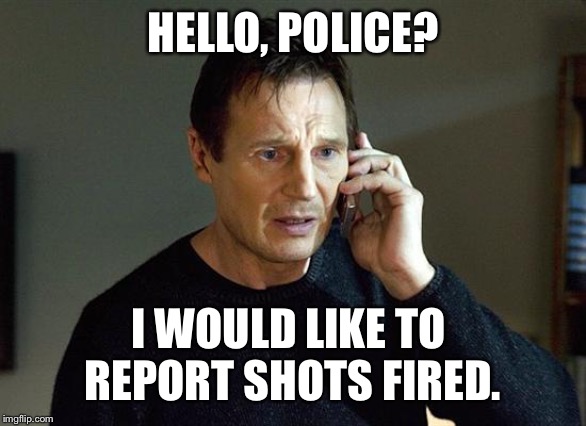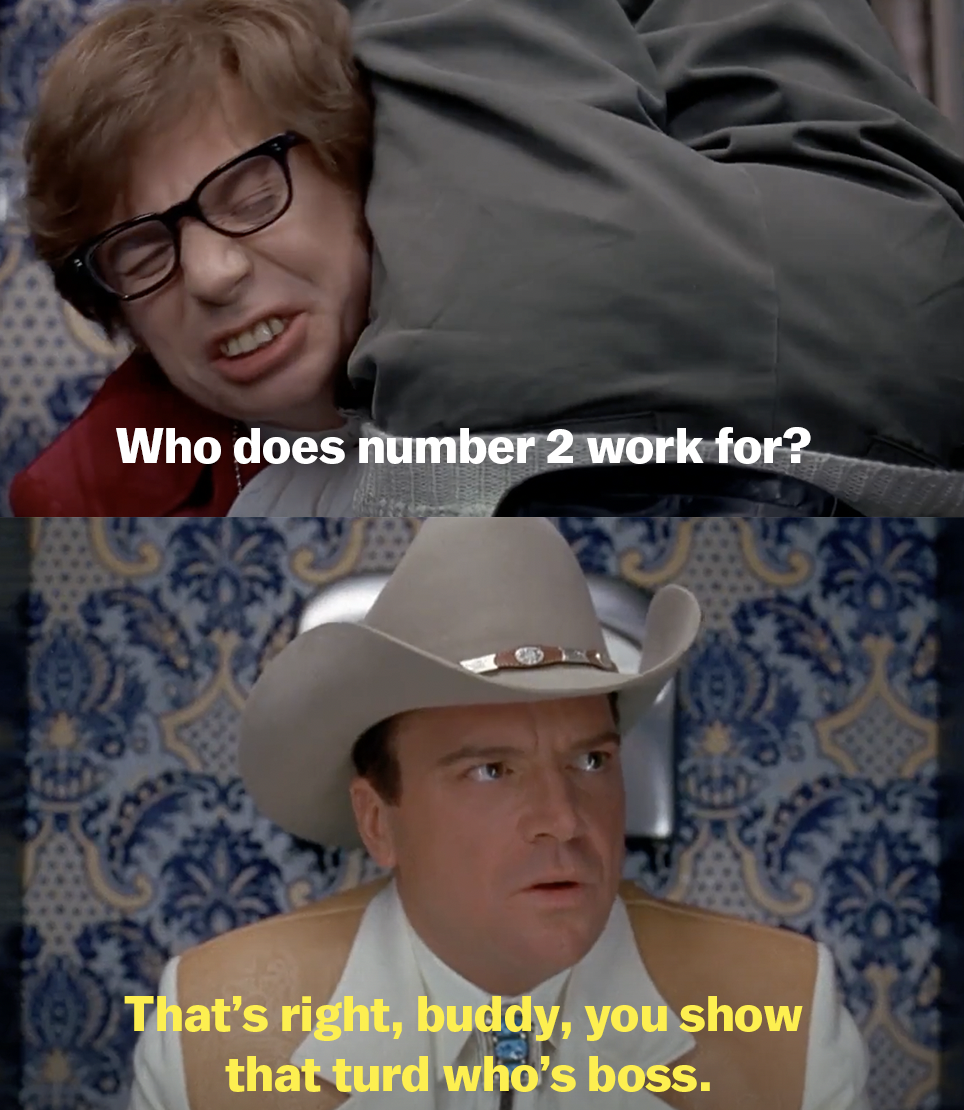Take a photo of a barcode or cover
catherine_the_greatest 's review for:
The Big Four
by Agatha Christie
In between wondering what Dame Christie was even thinking when she wrote this and wondering whether I can get some of whatever she was on, I've settled on rating The Big Four 3 stars, because it...wasn't boring.
First...Christie gets in a few jabs at Sir Arthur Conan Doyle:
[Poirot] aimed more and more, as time went on, at being considered a "consulting detective"--as much a specialist as a Harley Street physician. He had always scoffed at the popular idea of the human bloodhound who assumed wonderful disguises to track criminals, and who paused at every footprint to measure it.

"H'm!" said Dr. Ridgeway, when he had finished. "Curious case."
"Brain fever?" [Hastings] suggested.
The doctor immediately snorted with contempt.
"Brain fever! Brain fever! No such thing as brain fever. An invention of novelists."
Yes, that's right. The novel opens with the return of Arthur Hastings, narrator of the first three Poirot books, from South America, where he's been living happily ever after with his "Cinderella." Originally planning to be in Europe for a few months, his visit gets stretched out to nearly a year as he's swept up in a case like no other Poirot has ever undertaken. In fact, it seems more like an adventure from a James Bond movie (decades before Bond's creation) than the normal intellectual mysteries Poirot solves with his "little grey cells."
A filthy, emaciated surprise visitor to Poirot's quarters (the man not suffering from "brain fever"), delivers this startling speech:
"Li Chang Yen may be regarded as representing the brains of the Big Four. He is the controlling and motive force. I have designated him, therefore, as Number One. Number Two* is seldom mentioned by name. He is represented by an 'S' with two lines through it--the sign for a dollar; also by two stripes and a star. It may be conjectured, therefore, that he is an American subject, and that he represents the power of wealth. There seems to be no doubt that Number Three is a woman, and her nationality French. It is possible that she may be one of the sirens of the demi-monde, but nothing is known definitely. Number Four--"
His voice faltered and broke. Poirot leant forward.
"Yes," he prompted eagerly. "Number Four?"
His eyes were fastened on the man's face. Some overmastering terror seemed to be gaining the day; the features were distorted and twisted.
"The destroyer," gasped the man. Then, with a final convulsive movement, he fell back in a dead faint.
You know he's going to die, right? People drop like flies in this one. Poirot and Hastings run all over Europe trying to track down the identities of the THE BIG FOUR and to stop them from "destroy[ing] the existing social order, and [replacing] it with an anarchy in which they would reign as dictators." (This was apparently originally a collection of short stories that Christie tied together to create a novel, which explains some of the disjointed and contrived connections.) Poirot fakes his own death and invents a fictitious twin, keeping Hastings in the dark the entire time because he is too dumb to act convincingly if he knew the truth. (I'm not marking that as a spoiler, because it's pretty obvious that Poirot can't really die at this point in the series.) It's all just so very very. And for that, I just can't limit Dame Christie to a mere two stars.
*
(This is also how I picture Number Four -- in one of his many disguises -- & Number Two.)
First...Christie gets in a few jabs at Sir Arthur Conan Doyle:
[Poirot] aimed more and more, as time went on, at being considered a "consulting detective"--as much a specialist as a Harley Street physician. He had always scoffed at the popular idea of the human bloodhound who assumed wonderful disguises to track criminals, and who paused at every footprint to measure it.

"H'm!" said Dr. Ridgeway, when he had finished. "Curious case."
"Brain fever?" [Hastings] suggested.
The doctor immediately snorted with contempt.
"Brain fever! Brain fever! No such thing as brain fever. An invention of novelists."
Yes, that's right. The novel opens with the return of Arthur Hastings, narrator of the first three Poirot books, from South America, where he's been living happily ever after with his "Cinderella." Originally planning to be in Europe for a few months, his visit gets stretched out to nearly a year as he's swept up in a case like no other Poirot has ever undertaken. In fact, it seems more like an adventure from a James Bond movie (decades before Bond's creation) than the normal intellectual mysteries Poirot solves with his "little grey cells."
A filthy, emaciated surprise visitor to Poirot's quarters (the man not suffering from "brain fever"), delivers this startling speech:
"Li Chang Yen may be regarded as representing the brains of the Big Four. He is the controlling and motive force. I have designated him, therefore, as Number One. Number Two* is seldom mentioned by name. He is represented by an 'S' with two lines through it--the sign for a dollar; also by two stripes and a star. It may be conjectured, therefore, that he is an American subject, and that he represents the power of wealth. There seems to be no doubt that Number Three is a woman, and her nationality French. It is possible that she may be one of the sirens of the demi-monde, but nothing is known definitely. Number Four--"
His voice faltered and broke. Poirot leant forward.
"Yes," he prompted eagerly. "Number Four?"
His eyes were fastened on the man's face. Some overmastering terror seemed to be gaining the day; the features were distorted and twisted.
"The destroyer," gasped the man. Then, with a final convulsive movement, he fell back in a dead faint.
You know he's going to die, right? People drop like flies in this one. Poirot and Hastings run all over Europe trying to track down the identities of the THE BIG FOUR and to stop them from "destroy[ing] the existing social order, and [replacing] it with an anarchy in which they would reign as dictators." (This was apparently originally a collection of short stories that Christie tied together to create a novel, which explains some of the disjointed and contrived connections.) Poirot fakes his own death and invents a fictitious twin, keeping Hastings in the dark the entire time because he is too dumb to act convincingly if he knew the truth. (I'm not marking that as a spoiler, because it's pretty obvious that Poirot can't really die at this point in the series.) It's all just so very very. And for that, I just can't limit Dame Christie to a mere two stars.
*

(This is also how I picture Number Four -- in one of his many disguises -- & Number Two.)